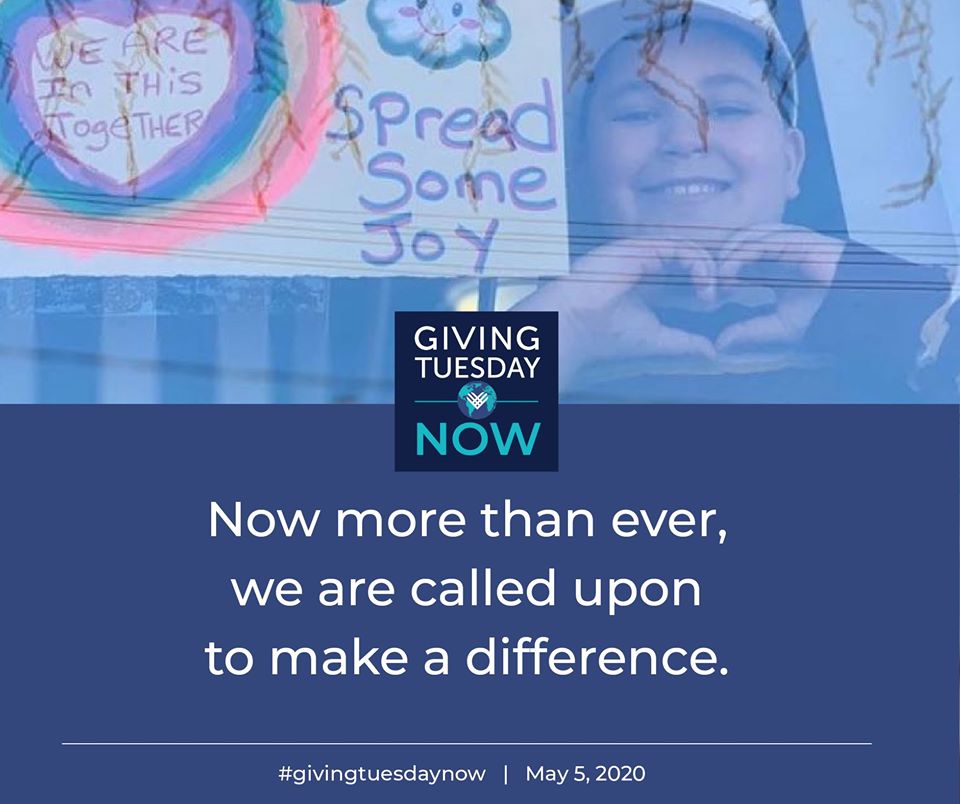A will is the bedrock of every estate plan. But, even though most people know they should have one, they don’t know what a will is, what goes in it, or how it works. In fact, only one in four adults in America (25%) has a will—that’s roughly the same number who have tattoos (23%). Look at it this way: you can take your tattoo to the grave, but your assets that stay above ground need to be administered properly.
Wills: the bottom line
A will is a legal document that provides for the orderly distribution of your personal property at death according to your wishes. It spells out your directions regarding other important matters such as the care of any minor children, the transition of business assets, and the naming of an executor who will oversee its directives are followed.
What if you DON’T have a will
Not having a will means the judicial system (the “court”) will end up administrating your estate through the lengthy process of probate in accordance with state intestate laws. There is no guarantee this process will result in dispersing your assets in the way you would have wanted. This process can cost your family not only a lot of time and money, but it can also lead to anxiety and heartache.
Will is NOT an estate plan, and vice versa
The will is the bedrock document of every estate plan, and it’s a little more complicated than other documents. With your will, you’ll be answering four basic but very important questions. I’ll list the questions, then discuss each separately.
a. Who do you want to have your stuff?
b. Who do you want to be in charge of carrying out your wishes as expressed in the will?
c. Who do you want to take care of your children? If you have minor children (i.e., children under age 18), you’ll want to designate a legal guardian(s) who will take care of your children until they are adults.
d. What charities do you want to benefit when you’re gone. A will is a great way to benefit your favorite nonprofits.
Who do you want to have your stuff?
A will provides orderly distribution of your property at death according to your wishes. Your property includes both tangible and intangible things. (An example of tangible items would be your coin collection. An example of an intangible asset would be stocks.)
A will provides the orderly distribution of your tangible and intangible property at death according to your wishes.
Tangible personal property is usually considered to be everything (other than land) that has physical substance and can be touched, held, and felt. Examples of tangible personal property include furniture, vehicles, baseball cards, jewelry, art, your Great-aunt Millie’s teaspoon collection, and pets. Intangible personal property doesn’t have a physical existence so it can’t be touched, but it nevertheless has value. Your intangible personal property might include bank accounts, stocks, bonds, insurance policies, and retirement benefit accounts.
Most people think “real estate” or “land” when they hear the word “property,” but “property” has a different meaning when it comes to estate planning.
There are generally considered two basic categories of property: real property and personal property. Real property is land and whatever is built on the land, attached to it, or natural to it such houses, barns, grain silos, tile drainage lines, and mineral rights. Personal property is essentially anything that is not real property. Two qualities of personal property to keep in mind: it is moveable and it can be hidden. Jewelry, cash, a pension, and antiques are kinds of personal property.
Example: The fenced acreage you own is real property because it is land that is immovable. But, the cattle on it are personal property because they can be moved—or hidden.
Who’s in charge?
Who do you want to be in charge of carrying out your wishes as expressed in the will?
An executor is a person who’s in charge of your estate plan. You entrust your executor with the authority to ensure that your wishes are carried out and that your affairs are in order.
Managing an estate plan is not an awful job, but it is an awful lot of responsibility. If you have never dealt with the execution of a will, you might not know how time-consuming, complicated, and demanding it can be. You may also be grieving at the deceased’s passing while trying to make sure all particulars are handled properly. It can be a stressful role, to say the least.
When picking an executor, you want to make sure it’s someone you trust, but also someone you know can handle the complexities and responsibilities of the job. We all have people in our lives whom we love, but recognize they’re not dependable when it comes to things like finances and managing paperwork. Choose someone in your life who is organized, detail-oriented, and can take on what is essentially the part-time job of administrating your estate.
If there’s no person in your life you believe trustworthy or capable enough to be your executor, or you don’t want to burden with the role, you have another option: appointing a corporate executor or trustee. You can find corporate executors and trustees at banks and private investment firms. They usually charge a fee based on the size of the estate. But corporate executors and trustees have the advantages of experience, a dedicated staff, and impartiality. The latter quality is particularly important if there are complicated family dynamics, such as blended families or bad blood.
Whether you choose someone you know or appoint a corporate executor or trustee, you need to sit down with that person for a formal discussion. For a friend or family member, make clear why you’ve assigned him or her the role. Avoid surprises: don’t keep the name of your executor a secret. If you chose one of your children to be your executor, make sure to tell the other(s) to avoid hurt feelings and strife after you’re gone.
Additionally, if you have a large or complicated estate, you would like to set up long-term trusts, or you worry about taxes, a corporate executor or trustee might be a good solution.
Who gets the kids?
For parents with minor children (those younger than 18 years old), it is critically important that you designate a guardian(s) who will be legally responsible for their education, health, and physical care until they reach adulthood. Like the executor’s, it is job that requires you choose someone you trust, but it encompasses so much more than the able administration of your estate—and it doesn’t end after the estate is closed.
In most cases, the surviving parent assumes guardianship of children without a Court intervening. However, there are still a number of factors to consider when choosing a guardian, including parenting style, financial situation, religious and personal values, age, and location. You need to have an in-depth conversation with any potential guardian or guardians to confirm everyone is comfortable with the arrangement and that he or she is prepared for this responsibility.
In Iowa, dying without establishing guardianship results in the Court choosing a child or children’s caregiver(s). It considers what is in the best interest of the child and makes a guess as to the person or people a parent would have wanted. The choice might be someone the deceased parent would never have selected—all the more reason to name a legal guardian in your will.
Tattoo estate planning on your to-do list
Go ahead get that tattoo and wear it proud all the way to the very end. But while you’re showing your ink off, also think about what you want to do with all of your assets. Talk to a qualified estate planner or get started with estate planning by filling out my free, no-obligation estate plan questionnaire. Any questions? Don’t hesitate to contact me at gordon@gordonfischerlawfirm.com or by phone 515-371-6077.











